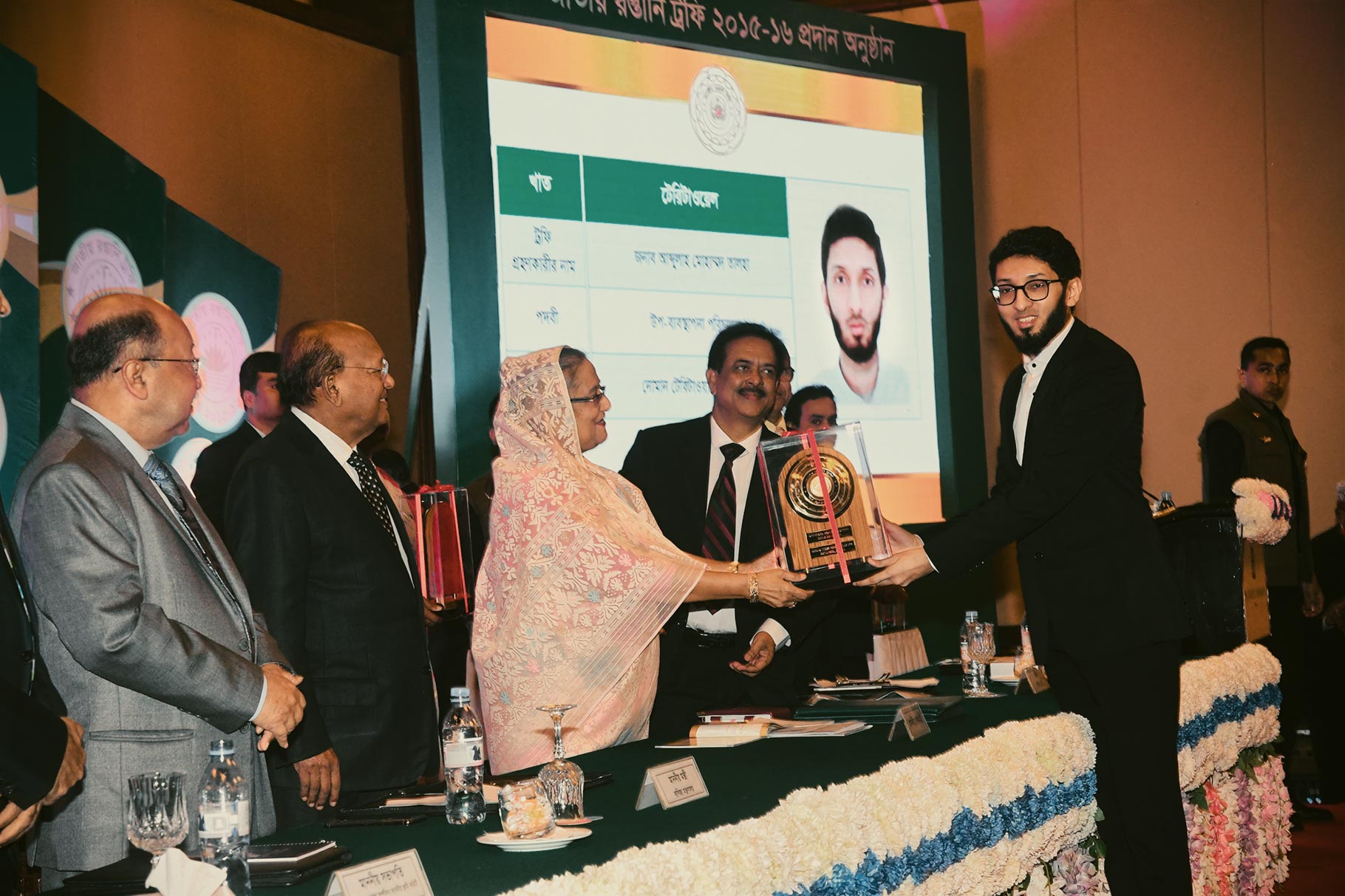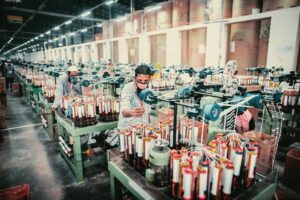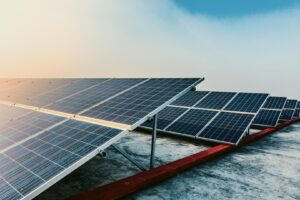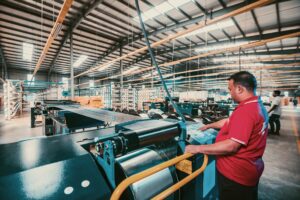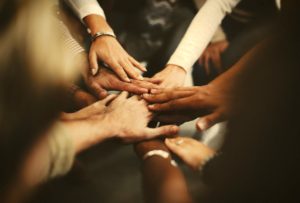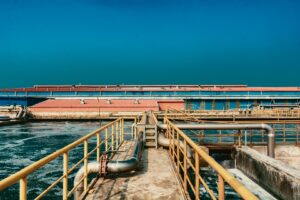Materials
Textile materials have been notorious for their massive water consumption and semi-natural fiber's questionable manufacturing process. It contributes build-up to the inland and oceanic pollution. Tackling all the issues, Talha Group has varied its materials away from conventional and regressive raw materials to protect the world environment towards eco-friendly alternatives wherever possible. Talha Group also ensures that the material providers strictly provide human rights and fair wages during the extraction or production of the raw materials.
CMIA
Cotton Made in Africa is another global foundation that protects the rights of the African Farmer and assists to economically and environmentally produce the Cotton. CMIA is another foundation such as BCI based only in Africa.
Jutton
Jutton is a blend of cotton and the golden fiber Jute. Both parts of the composition are natural and biodegradable. Talha Group did a successful trial of making Jutton in its spinning. The blend is a suitable material for home textile material.
Modal
Modal is an eco-friendly re-generated fiber from wood pulp. It is exceptionally soft in nature. An environmentally responsible integrated pulp production process enhances its sustainability and demand.
Eco-friendly
Having a significant environmental footprint, Talha Group prefers choosing eco-friendly materials by evaluating life cycle analysis and their impact on the environment.
Lyocell
Lyocell is a regenerated cellulosic fiber made from FSC certified sources. It is wholly natural and improved usability with many features but is still biodegradable. It has natural antibacterial and anti-odor properties, a natural silky finish, with high softness and luster. Talha Group uses Lenzing Lyocell with complete transparency of the supply chain.
r-PET
Approx. 8.3 B tons of plastic bottle is used worldwide in a year. Only around 9% of them are collected and recycled. A vast ocean animal died due to the plastic, and 73% of the sea litter is plastic. It takes hundreds of years to degrade naturally. Hence reusing the bottles can clean and add value to Talha Group Supply Chain.
Refibra
Circular economy has increased demand, and recycling has no alternates to make the world a better place. Refibra is a recycled version of Lyocell made from cotton scrap from garments production and wood pulp and called a THE GOOD LOOP. Talha Group aims to replace all our virgin Lyocell with Refibra whereever possible.
Ethnically Sourced
Talha Group’s supply chain protects the need for human rights, fair wages, and safety laws. It screens its supplier by evaluating its supply chain, its certifications, compliance to local regulations, and reputation of the suppliers and vendors. It’s all included in Talha Group’s enlistment programs for significant suppliers. It aims to make all of its supplies 100% Talha Foundation’s Ethical Sourcing Guideline.
Product Safety
The sourced materials must be free from all harmful substances to ensure safety for the workers, customers, and handlers within the processes. Hence Talha Group requires suppliers to submit safety-relevant technical and material safety documentation, certifications, and accreditation from verified bodies. Our in-house experts and external auditors assess all the materials to the best of their abilities.
Organic Cotton
Organic Cotton is known for its environmental-friendly production process that eliminates harmful processes by reducing toxicity, persistent pesticides, dangerous fertilizers and building a biologically diverse agricultural experience for the farmers and consumers. Talha Group is certified by OCS and GOTS to ensure the complete traceability of the supply chain.
KAPOK
Perhaps one of the most sustainable textile materials on earth. It is collected from the naturally grown KAPOK pods during the season without damaging the surrounding tree, and these trees produce these pods for many years to come. It has no soil erosion, is renewable, reduces Co2 accumulation, helps preserve O2 levels, conserves water, does not cause deforestation but promotes it, is entirely organic, and does not need fertilizers. Its naturally anti-bacterial, lightweight, silky soft, anti-moth, and quick dry.
Ecovera
Ecovera is a viscose made from more sustainable wood pulp, FSC certified, and low environmental impact manufacturing process fiber. It saves up to 50% of the water consumption compared to generic viscose production. It reduced the co2 emission and fossil use by half. Its complete supply chain traceability enhances transparency. Talha Group is replacing the generic viscose with Ecovera and aiming no generic viscose whereever possible.
r-COT
Recycling and upcycling material waste are keys to a circular economy. Talha Group’s family business has its cotton waste recycling unit. Talha Group’s usable wastes are transferred to those regenerative fiber plants to convert waste fabrics to fibers reused in the value chain. At the same time, it reduces the Co2 footprint and reduces cost. Talha Group can make up to 30/1 thread from the recycled fiber. Talha Group ensures the complete traceability of the recycling through the GRS program.
BCI
Cotton being the second-largest water-consuming material for fashion and textiles after petroleum-based materials, is known for its low yield and high-water requirement ratio; besides that, we also abstain from any product that has any implication of anti-human rights activities. The agricultural cotton industry is also known for its 2nd largest pesticide consumer globally. Hence, Talha Group for many years has been partnering with BCI (Better Cotton Initiative), one of the largest foundations for Cotton from sustainable sources. BCI ensures the optimal use of water and pesticides. BCI platform also provides and oversees the human rights of the farmers and its distribution. The platform connects all the farmers, manufacturers, and retailers of the Better Cotton Initiative for transparency.

